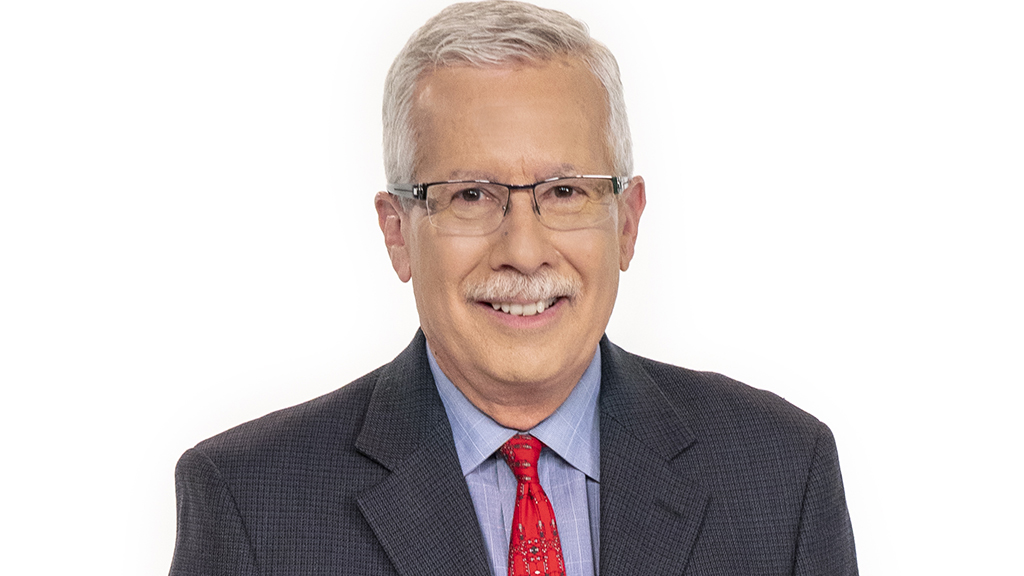What is stagflation and how could it have a major impact on Massachusetts?
As consumers and investors deal with great uncertainty with President Donald Trump's tariffs, an ongoing battle with inflation, and a volatile stock market, there is plenty of economic uncertainty. One Massachusetts financial expert believes that as a result, the Massachusetts economy could be looking at hard times ahead.
"I think we are heading towards what's called stagflation," said Peter Cohan, an expert market analyst and author of "Brain Rush: How to Invest and Compete in the World of Generative AI," who is a professor of management practice at Babson College.
Is Massachusetts heading toward stagflation?
So what is "stagflation?" Cohan explained it has the combination of economic stagnation and inflation, a combination that happened in the early 1970s.
"Consumers will be spending less. They'll be spending more on the essentials, and not spending on a lot of things that are not essential," Cohan said. "So that will bring down the economy, which will cause companies to lay off workers who are not needed because they're not growing enough, and that will create this sort of doom loop of people not having their jobs, not having enough money to spend, and companies continuing to lay off at the same time, prices are going to go up."
"Eds and meds" economy
And if that's not gloomy enough for you, Cohan foresees hard times ahead for the Massachusetts economy, between the Trump Administration cuts in higher education fundings and its heavy-handed crackdown on immigration.
Can a local "eds and meds" economy heavily dependent on federal research spending survive?
"Of course there's the problem of who comes to our schools, on the ed side and also that's also on the med side," Cohan said. "The great thing about Massachusetts is the brain power … It's the mindset. It's the strength of people's minds. When we are unilaterally showing up in the middle of night with an ICE agent, taking people out and throwing them in a prison cell somewhere, will parents from China and India want to send their children here to go to school if that could happen to them?"
Immigrant workforce
A significant percentage of workers in Massachusetts health care facilities are immigrants; what happens if that workforce dries up? Cohan says hospitals and nursing homes "would have to hire people who live in Massachusetts or live in the United States and pay them a lot more to do the jobs that the people who are the immigrants are doing now, and if they're paying more, that means that the rates...are going to go up to cover those higher costs."
In the WBZ-TV interview, Cohan also discussed the decision-making process he sees in the White House and what the ultimate endgame of these trade wars might be.
You can watch the entire conversation above, and join WBZ-TV every Sunday morning at 8:30 a.m. for more newsmaker interviews on the weekend edition of "Keller At Large."





